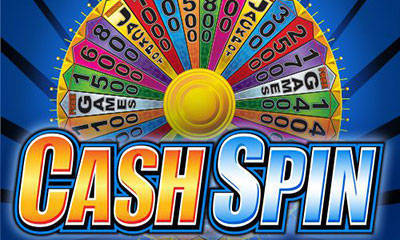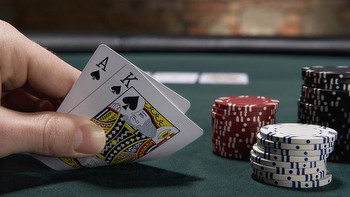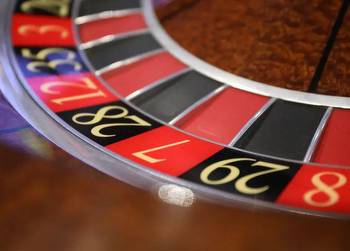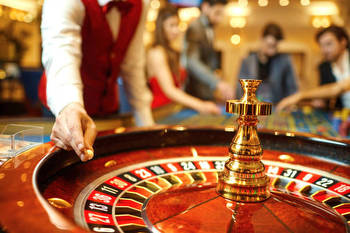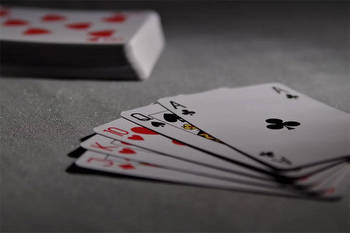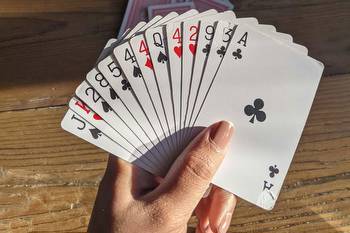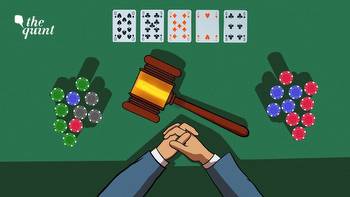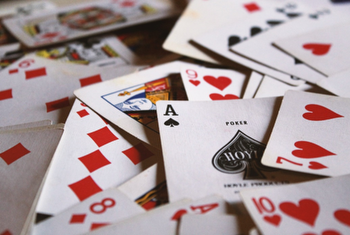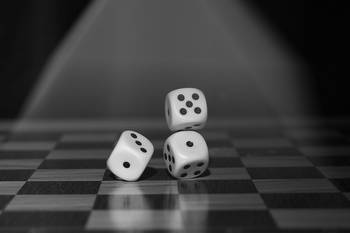Why Poker Isn't Gambling (Even Though It Still Is)

Is Poker Gambling or Skill?
Is poker a game of skill? This is an argument that feels as though it’s been raging since time immemorial. Whether it’s legislators trying to determine how to control the game, anti-gambling activists trying to ban it, or poker players trying to fight for its legitimacy (and their livelihood), sides have been drawn.
Look, we’re a poker blog; I doubt many will be surprised to see which side of the debate we fall on. That said, I’ll do my objective best to break down the arguments for why poker isn’t a form of gambling.
Continued Success of Pros
One argument in favor of poker’s status as a game of skill is the continued success of top players. Like sports or other competitive games, the professionals consistently win and put up big numbers. This is not something you see anywhere else in the gambling world. Despite what people tell you, there is no way of finding consistent success playing online slots or spinning the roulette wheel. The only way you’ll do this is through pure luck.
Those who study the game of poker and work on their skillset are rewarded with success, just like the athlete who trains will improve their performance. There are plenty out there that would argue that poker should be considered a sport itself, although that discussion is for an entirely different article.
On a related note, the obvious skill gap between a pro poker player and a rec fish is another argument point for the skill side. Suppose this is your first time playing poker, and you’re sitting at a table full of experienced sharks. In that case, you’ll need to sunrun like Apollo himself to expect to leave with any of your money. On the other hand, if you have never played a slot game before, you would still have just as much chance of winning as someone who has been playing the one-armed bandit for years. All you really need to be able to do is hit the spin button and cross your fingers.
An Evolving Game
To be successful, poker demands players continue to improve their skill set. If you can show me a successful poker player who claims they’ve never studied, I’ll show you a liar. Maybe 20 years ago, that may have worked, but the game is constantly evolving, and the top players need to keep up to speed with these changes. They also need to study other players and learn new and evolving strategies.
This is not the case with anything that can be defined as a game of chance. While some people might claim you can study ways to win at roulette or slots, they are nothing other than charlatans. And before you say anything about roulette, yes, I have heard of the Martingale Strategy–it’s been around since the 18th century…
Let’s address the elephant in the room, though–the draw of the cards. Opponents of poker’s status as a game of skill will argue that poker has a strong element of chance attached due to the randomness of dealt cards. This is often the strongest argument people make for poker’s status of gambling, outside, of course, of the financial risk involved.
It’s a fair argument, but one counterpoint that can be made is that skilled players will factor in odds, equity, and opponent’s ranges. So if you’re doing your homework, other than for variance’s sake, it shouldn’t matter if you get unlucky in the short term.
An Element of Luck?
That said, there is, of course, an element of luck with the initial hand you are dealt. However, unlike other forms of gambling, you still have an element of control over your decisions and losses that many other forms of gambling do not offer. Obviously, this still means you can lose, but you have infinitely more control than with slots or other casino games.
A Game of Skill
So is poker gambling? To us at Tight Poker, the game is very much one of skill. People dedicate their lives to improving their strategy and getting better at the game, and categorizing it as a game of chance would be a disservice to all players.
By definition, a game of chance must include totally unpredictable elements for the player, and the outcome has to be totally random. There must be no indication as to how the game can play out. This is far from the case with poker. As we’ve discussed, the continued success of high-performing players shows that you can get ahead in the game and that you can ensure a degree of success with a lot of time and practice.
Anyone who believes that poker is a game of chance and nothing else should sit down with a group of experienced poker players and see how the game plays out. Going into a poker game with no experience would be highly reckless, suicidal, even. Doing that wouldn’t even be considered a gamble–it’s more akin to setting your money on fire.
Liam began his writing career in the mid-2010s, starting as a full-time sports journalist before moving into the world of iGaming and poker. In 2020, Liam published his first book, "Stay Lucky: A Complete Guide to Online Sports Betting." He has worked with many top publications and companies, including Gambling.com, The Game Day, Casino Guru, and more.
Liam began his writing career in the mid-2010s, starting as a full-time sports journalist before moving into the world of iGaming and poker. In 2020, Liam published his first book, "Stay Lucky: A Complete Guide to Online Sports Betting." He has worked with many top publications and companies, including Gambling.com, The Game Day, Casino Guru, and more.







